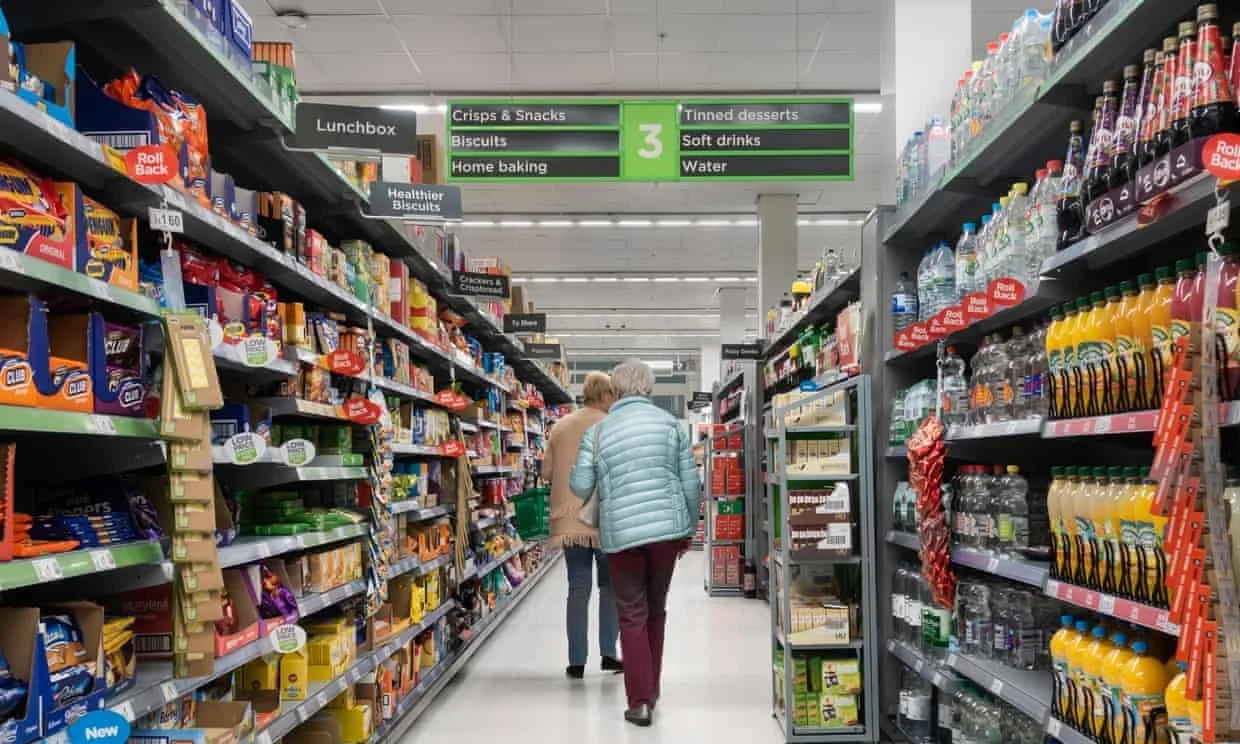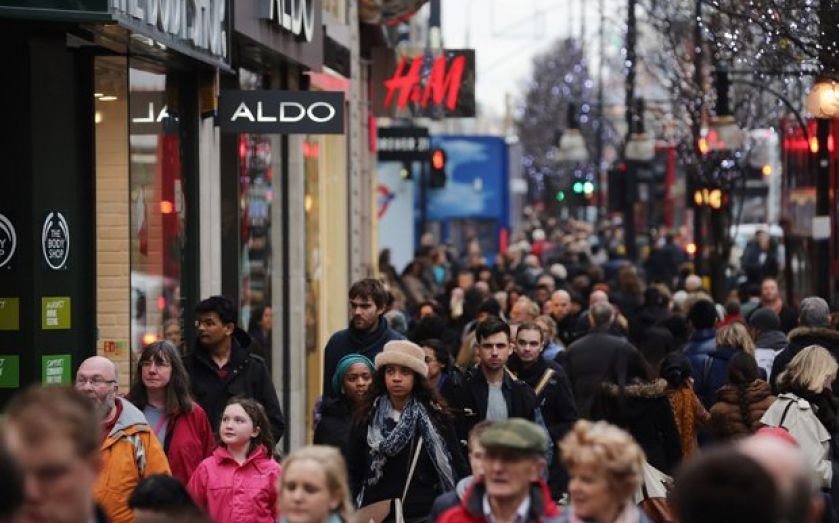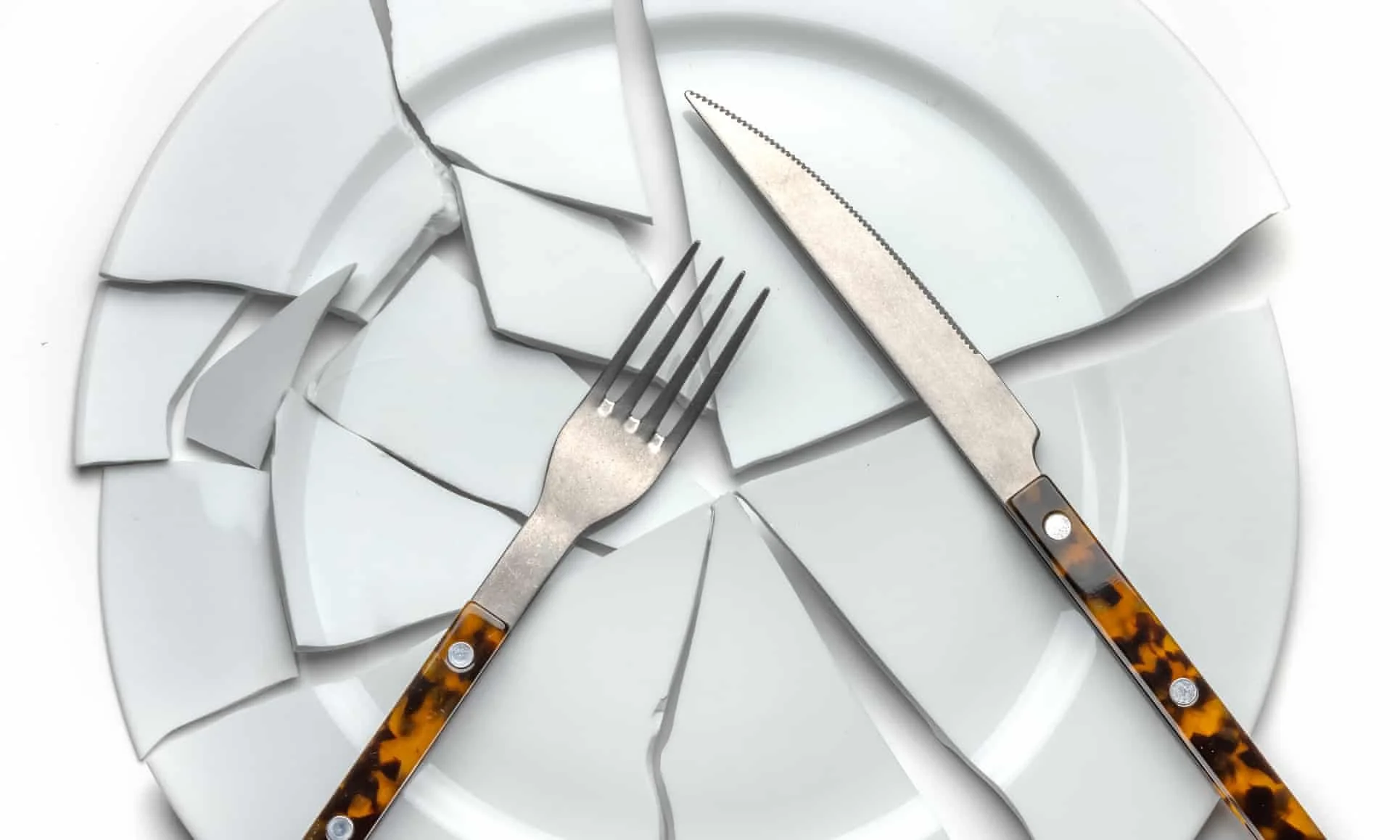Customers say ‘NO WAY’ to takeaways
Food retailers experience massive jump in sales as people turn their back on takeaway treats!
The cost of the average annual grocery shop has risen by up to £40 in just one month. According to an industry report, it is too early to know or say when the food price will peak.
Experts at Kantar Worldpanel reported a new record grocery inflation figure of 14.7 per cent for the four weeks to October 30th, saying that customers now face paying an average of £682 a year more for their groceries, on a same-selection basis, compared to a year ago.
Last week, Sainsbury’s claimed that people were eating at home more to keep the costs down as they prepare to face the impact of winter energy bills, starting from November.
Data from the British Retail Consortium (BRC) said that food shopping drove a 1.6 per cent rise in overall retail sales last month.
Its Chief Executive, Helen Dickinson, said: As the cost of living for consumers continued to rise, As the impact of inflation is felt across the globe, budgeting has become of paramount importance to households, which is reflected in the habits of consumers.
Dickinson went on to say, “With November Black Friday sales just around the corner, many people look to be delaying spending, particularly on bigger purchases. Clothing and footwear, which saw stronger sales this year, declined as the mild weather meant customers held back on buying winter outfits. Meanwhile, electric blankets, air fryers and other energy efficient appliances continued to fly off the shelves as people sought future cost savings”
As the impact of inflation is felt across the globe, budgeting has become of paramount importance to households, which is reflected in the habits of consumers.
Kantar’s report said that sales of supermarket’s ‘own label goods’ rose by 10.3 per cent during the past four weeks, whilst demand for the cheapest ranges shot up 42 per cent.
As the public refrains from overspending and eating out, restaurants begin to suffer from the effects of it all.
According to Forbes advisor, four in five brits have reduced their restaurant spending as a result of the cost-of-living crisis.
These stats are corroborated by research done by The Office of National Statistics (ONS). This showed the extent to which business are suffering in the accommodation and food industry. The survey carried out showed that 47% of UK businesses in the sector had fewer dinners in September 2022 compared to same time last year.
Almost half of the businesses in the food and service industry forecasted a reduction in turnover in November.
The rise in the cost-of-living has resulted in affordable restaurants gaining more popularity. Almost one quarter of brits (24%) are dining in restaurants that have prices that seem to be more affordable and more than 22% are ordering the cheaper items on the menu.
Furthermore, 24% of those surveyed are reducing their restaurant bills by reducing their spend on alcoholic drinks when eating out. For example, replacing expensive wines with house wines or just reducing the number of drinks ordered. 13% are cutting back on alcohol altogether.
It is not just at social gatherings and events that people are reducing their spending on. Couples and those in relationships are having to reduce the number of times and the amount spent on eating out. 24% of surveys claim to be going out on fewer dates with their partners, due to rising prices.
Unfortunately, the survey paints a very grim picture for restaurant staff. The survey shows that diners are tipping staff a lot lower than the usual percentage in order to save money. At least one in six (15%) have stopped tipping altogether.
Kevin Pratt, U.K. Editor at Forbes Advisor commented: “When household budgets are under the cosh, non-essential spending gets squeezed, and eating out is one of the areas where people are looking for savings. Let’s face it, if your weekly supermarket shop is a shock to the system because grocery bills are going through the roof, you’re going to think twice before spending a similar amount in one go at a restaurant.
“But while it’s easy to understand changes in behaviour, we shouldn’t forget the impact this has on the hospitality sector, both in terms of businesses and the people who work in them. Sadly, we’re likely to see a lot of restaurants, cafes, pubs, and bars go out of business over the coming months, especially if consumers feel they have no choice but to cut back on Christmas celebrations such as work functions and friend’s get-togethers”
The cost-of-living crisis has resulted in people having to find ways in which they can reduce their discretionary spending. People have to focus more on essentials like, electricity and gas. The cost of these essentials has also risen over time leaving people with less disposable income.



